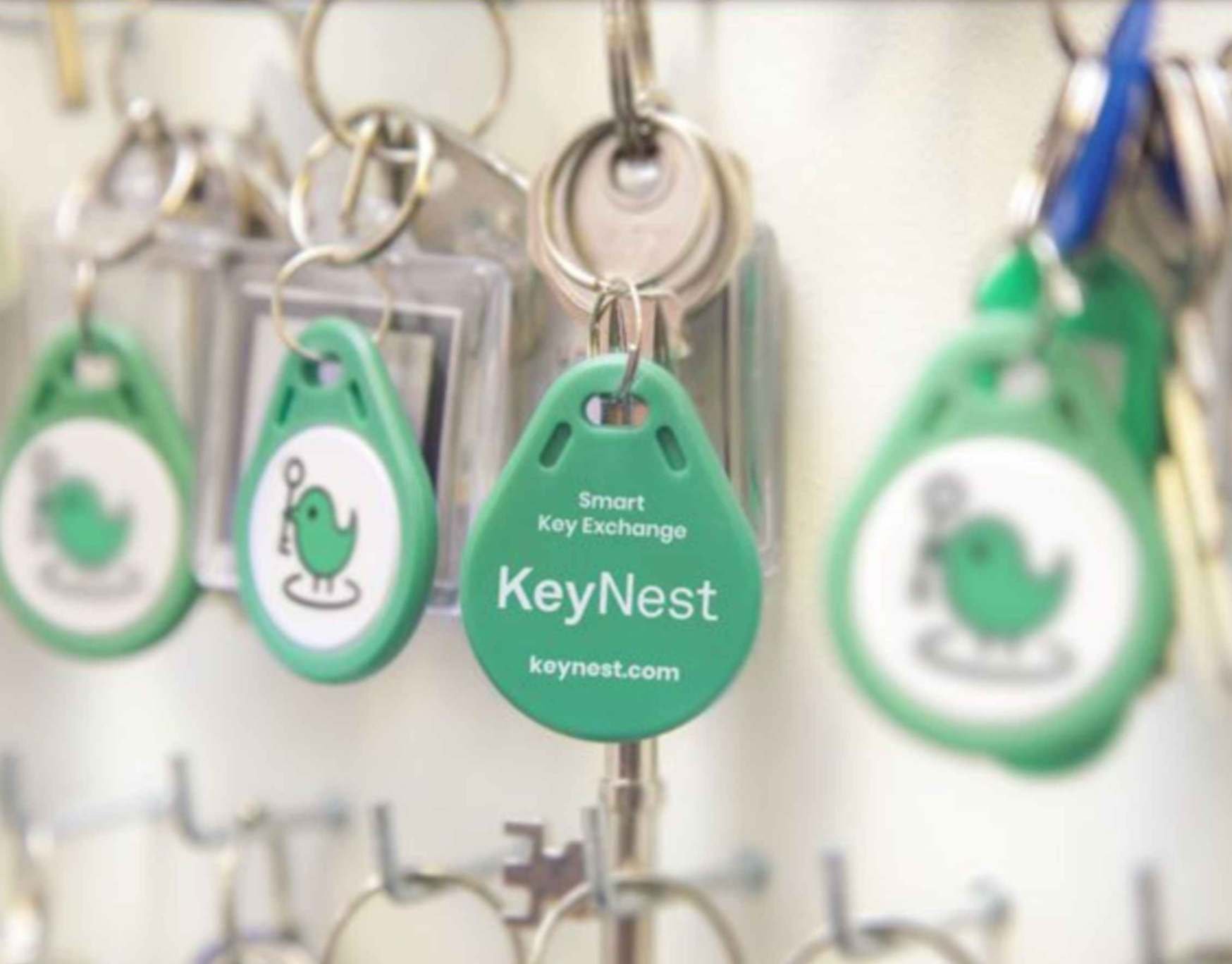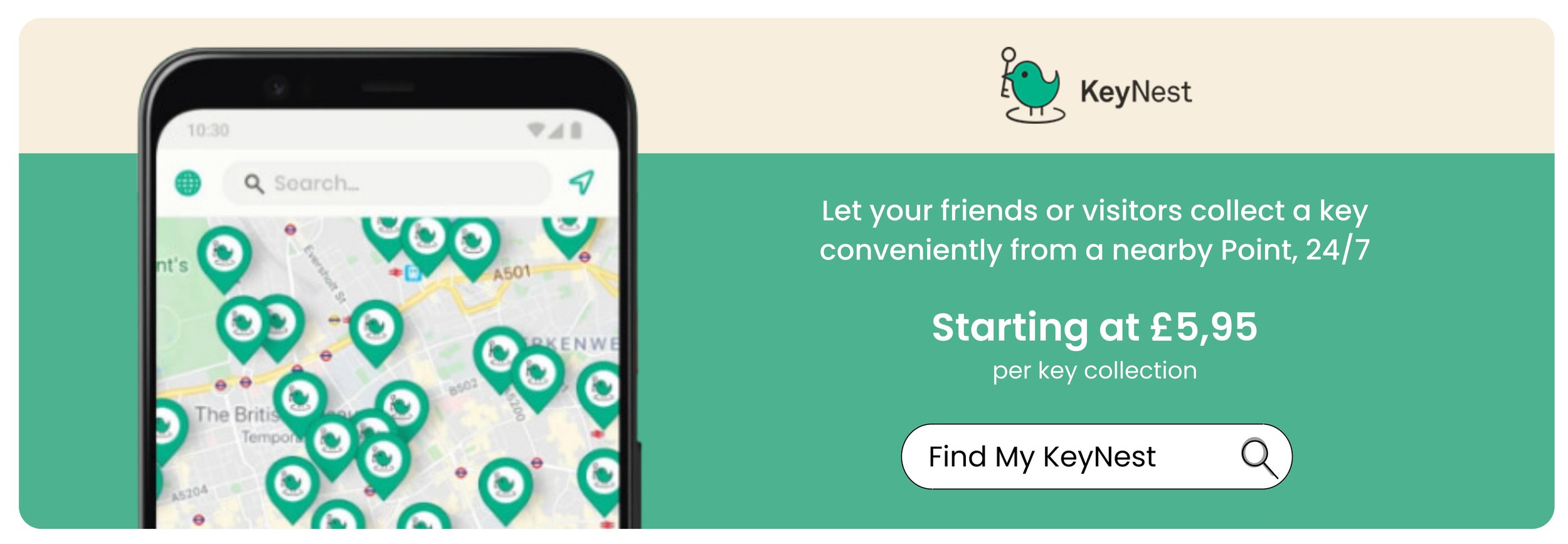Over 1500 key exchange locations nationwide
Host Guide 2025: Can You Delete Your Bad Review on Airbnb?
So let's say you got a negative review about your listing from one of your previous guest on Airbnb and you know for a fact it is not true. What do you do now? As an Airbnb host, receiving a negative review from a guest can be frustrating especially when you feel the feedback is unfair or inaccurate which can affect potential guests to book on your listing. Reviews play a significant role in shaping a listing's reputation making it essential to address such issues effectively.
Such reviews either good or bad are a cornerstone of Airbnb’s platform and it can shape the reputation of hosts and influencing potential guests’ decisions. While positive reviews can boost bookings and establish trust, a single negative review can feel like a serious setback especially if it doesn’t accurately reflect your hosting efforts. Many hosts wonder if it’s possible to delete a guest's negative review and under what circumstances Airbnb might allow it.
The answer lies in Airbnb’s review policies and guidelines which aim to maintain transparency while protecting both guests and hosts from unfair or inappropriate feedback. While reviews can’t typically be taken out just because they’re negative, Airbnb provides specific criteria for flagging reviews that violate its content policy. Understanding these rules and knowing how to respond effectively can help hosts navigate challenging situations.
This guide delves into when and how you can request the removal of negative reviews, strategies for addressing reviews constructively, and tips for avoiding negative feedback in the first place. Whether you’re a seasoned host or new to the Airbnb, mastering the art of managing reviews is essential to building a successful and resilient hosting business. Read on to discover actionable insights that will help you protect your reputation while maintaining professionalism, and guest satisfaction.
While Airbnb values transparency in its review system, there are circumstances under which a host can request the removal of a guest's negative review. In this guide, we'll explore the options available, the criteria for review removal, and how to prevent them in the future.
When Can You Request Airbnb To Remove A Guest’s Bad Review?
Airbnb outlines specific situations where hosts can request to remove a review that is bad. Reviews that violate the Airbnb guidelines such as those containing discriminatory language, violating house rules, harassment, personal attacks or explicit content are eligible for dispute and deletion. Similarly, reviews that include irrelevant details, spam, or fraudulent claims may also be considered as one.
Any guest or hosts must provide evidence supporting their claim such as screenshots or communication logs. Airbnb reviews these cases thoroughly to ensure that only reviews breaching policies are taken down. It’s important to remember that dissatisfaction alone does not qualify for review deletion under the current policies of Airbnb.
In most cases, once a review has been submitted, it cannot be edited or deleted by either party. However, Airbnb does have certain policies and mechanisms in place to address exceptional circumstances. In these cases, you will have to report the review to Airbnb and wait for the staff to review your request. So it’s never possible to just delete a review by yourself.
Let’s have a look at the review policies of Airbnb. It encourages honest and transparent feedback from both hosts and guests to maintain integrity. Some points clearly state when it’s possible to delete a review:
Violation of Content Policy of Airbnb:
Airbnb has strict content policies in place to prevent fraudulent or inappropriate reviews that also contains retaliation. If a guest's review violates these policies by containing spam, hate speech, discriminatory language, or personal information (like the address of your property, full name etc) and not being factual, hosts have the right to report it to Airbnb. In such cases, Airbnb may take out the review after conducting an investigation.
Extortion or Blackmail:
If a guest threatens or attempts to blackmail for a refund a host into providing additional services or benefits outside of the agreed terms, it is considered a violation of the reservation policies of Airbnb. You should promptly report such instances to Airbnb providing any evidence available. Airbnb will investigate the matter and, if the allegations are substantiated, may delete the review.
Violation of the Review Guidelines of Airbnb:
Airbnb provides guidelines for writing reviews to maintain fairness and objectivity and not to mislead anyone. If a guest's review violates these guidelines and deemed not respectful, by discussing unrelated matters or making false claims, hosts can flag the review to Airbnb and ask for the review be removed. Airbnb customer support centre will then undergo investigation of the review process to flagged the content and may take it off if it is found to be in violation.
Inflammatory Language or Personal Attacks:
If a guest left a review that contains inflammatory language, personal attacks, or includes defamatory and retaliatory review, the hosts can report the review to Airbnb help centre. While the system generally does not interfere with subjective opinions, it may remove the review if it crosses the line into personal attacks or contains inappropriate content.
Reviews by Non-Guests/No-Shows:
The review system of Airbnb is designed to capture the experiences of guests who have actually stayed at a property. If a review is submitted by someone who did not complete a booking or did not stay at the property, hosts can report it to Airbnb for removal.
How To Respond To A Bad Review Effectively?
If a negative review may not qualify for removal, responding to it professionally by a review you wrote can mitigate its impact. Airbnb support allows hosts to publicly reply to guest reviews, providing an opportunity to share your perspective and address concerns and indicated in the policy as well.
Here are some tips for responding to a negative review:
Stay Professional: Avoid emotional language or personal attacks.
Acknowledge Feedback: Show that you value the guest's opinion, even if you disagree.
Provide Context: Clarify any misunderstandings or explain the situation respectfully.
Highlight Positives: Use the response to emphasize your commitment to guest satisfaction.
A thoughtful response not only reassures future guests but also demonstrates your dedication as a host.
Tips To Minimize The Chances Of Receiving Bad Reviews
Preventing negative reviews starts with creating a positive guest experience and not negative reviews that are driven by emotion. Here are some practical strategies:
Set Clear Expectations: Provide accurate and detailed descriptions of your property to avoid misunderstandings.
Communicate Proactively: Be responsive to guest inquiries before and during their stay.
Maintain High Standards: Ensure your property is clean, safe, and well-equipped.
Address Issues Promptly: Handle guest concerns or problems as soon as they arise.
Encourage Private Feedback: Politely ask guests to share minor complaints directly with you instead of in their public review.
By fostering transparency, maintaining high standards, and prioritizing guest satisfaction, hosts can build a strong reputation and reduce the likelihood of receiving negative reviews.
While the review system of Airbnb promotes transparency, hosts have options to address negative reviews when they arise. Understanding Airbnb’s Content Policy and responding professionally to feedback can help mitigate potential damage. By focusing on proactive measures and guest satisfaction, hosts can create memorable stays and maintain a strong reputation on the platform.
About Us: KeyNest
It is vital for any hosts to sustain an efficient key management access to ensure your listing gets maintained in the Airbnb platform. That is why KeyNest, a leading smart key exchange service, is designed to simplify and secure the management of property access for hosts, property managers, and guests. With a network of thousands of partner locations worldwide, KeyNest ensures that keys are safely stored and easily accessible 24/7, providing a seamless solution for short-term rental hosts, including those on platforms like Airbnb.
Since its inception, KeyNest has revolutionized how property access is handled, eliminating the need for in-person handovers and providing an efficient alternative to traditional lockboxes or smart locks. Trusted by property managers across the globe, KeyNest's robust system ensures keys are always secure while maintaining accessibility.
KeyNest integrates seamlessly with popular booking platforms, enabling automated key handovers and instant notifications when keys are collected or returned. Whether managing one property or a portfolio of rentals, KeyNest is a reliable partner for managing access, saving time, and improving guest experiences.
By leveraging technology and a global network of locations, KeyNest continues to redefine property management, offering solutions tailored to meet the evolving needs of the rental market.
Want to know more about KeyNest?
KeyNest offers you a convenient service for storing and exchanging your property keys. You can drop off a key at any of the 7,000+ locations in our network, so there’s one such Point located next to your property
Guests, cleaners or contractors can then collect the key securely from a KeyNest Point or KeyNest Locker which is usually open 24/7. You'll be notified each time the key is picked up or returned, and you can even customize check-in and check-out times.
KeyNest has an ever-expanding global network of locations located just minutes from your property. To find out more you can contact us.
Neil Beltran 2 December 2024




